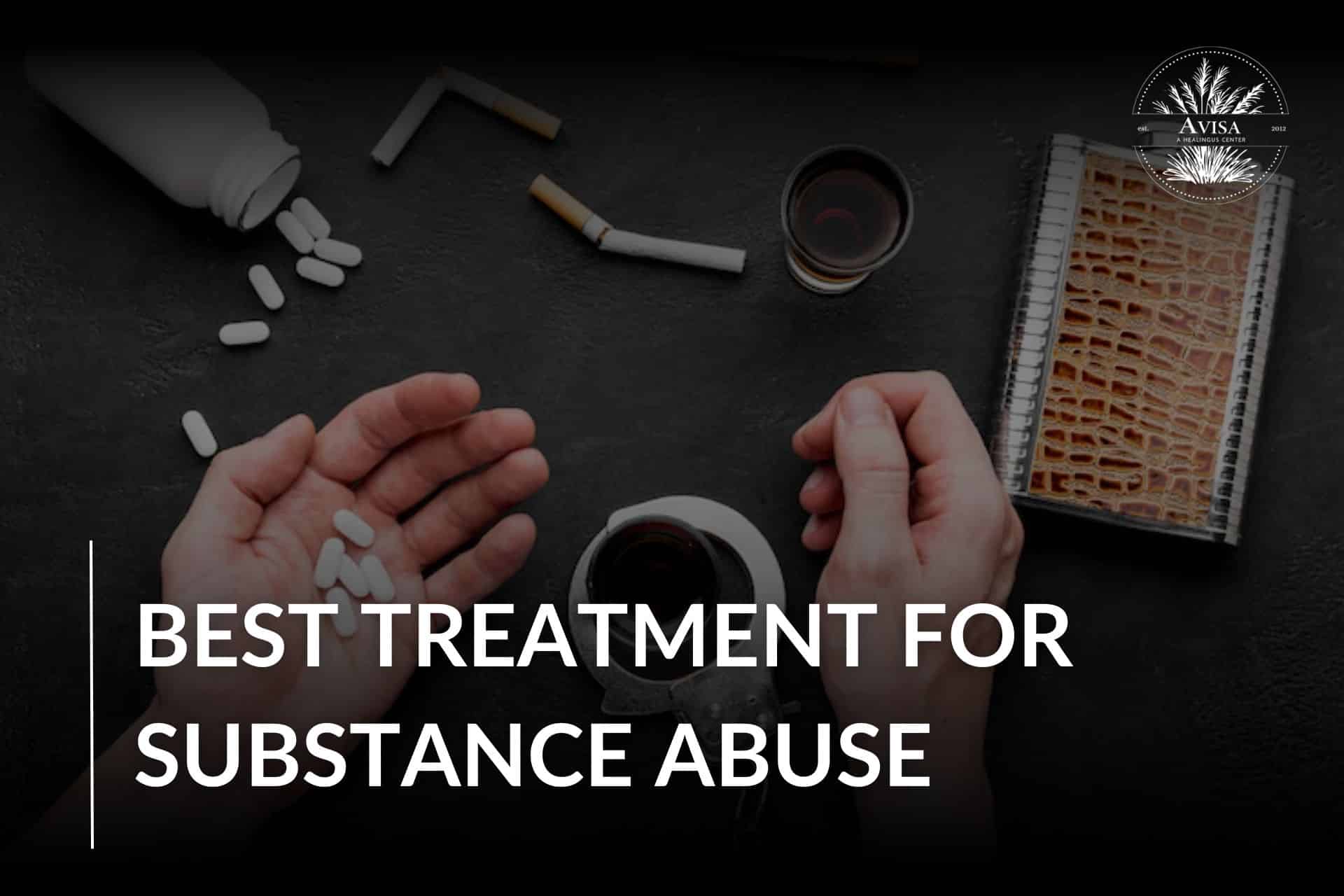Schizophrenia can have a huge impact on your life and the lives of those around you. Understanding what it is and how to treat it can be overwhelming, but with proper treatment and support, you can live a healthy life with schizophrenia.
We recognize that every person’s experience with schizophrenia is different, and that’s why there are so many different treatment options available, from classic antipsychotics to modern cognitive-behavioral and psychosocial therapies.
Join us on a journey to learn more about schizophrenia treatment and how we can use our knowledge and understanding to help others with schizophrenia.
What is Schizophrenia?
Schizophrenia is a complex mental disorder that affects millions of people worldwide. If you or your loved one has been diagnosed with schizophrenia, understanding the available treatment options is crucial for managing the condition effectively. In this comprehensive overview, we will delve into the various treatment approaches for schizophrenia, providing you with valuable insights into what you can expect during the treatment process.
Causes, Symptoms, And Prevalence of Schizophrenia
Causes:-
While there is no definitive answer as to why schizophrenia occurs, scientists believe it is caused by a complex combination of genetics, environment, and neurochemistry.
Symptoms:-
Schizophrenia disorder is a long-term mental illness with a variety of symptoms, including:-
- Hallucinations
- Delusions
- Disorganized thinking
- Social withdrawal
It affects less than 1% of the world’s population and men are more likely to develop symptoms than women.
Early symptoms of schizophrenia can be subtle and hard to spot. Symptoms can include behavioral changes, difficulty focusing, social withdrawal, and a decrease in academic or work performance. Early detection and treatment can result in improved results.
The Importance Of Early Diagnosis And Intervention
- Early diagnosis and treatment are essential for successful treatment of schizophrenia.
- Early treatment can help improve symptoms, and quality of life and reduce the risk of recurrence.
- If you think you or someone close to you may be suffering from schizophrenia, it’s important to seek professional help for a thorough assessment.
- Schizophrenia is diagnosed based on a comprehensive psychiatric evaluation, which includes a thorough background check, interviews with you and your loved ones, and an examination of your symptoms and how long they have lasted.
- Other tests, including brain scans and blood tests, can also be done to look for other medical issues.
Types Of Schizophrenia Treatments
Medication, therapy and lifestyle changes are common components of schizophrenia treatment. The aim is to reduce symptoms, improve function and improve overall quality of life. Your treatment plan may be different depending on your individual needs and wants.
-
Medications For Schizophrenia:-
Medication and therapy are the mainstay of schizophrenia treatment, but there are also alternative or complementary therapies that some people may need to add to their treatment plan. These should be approached with caution and discussed with a qualified healthcare provider.
Omega-3 fatty acids (Omega-3), acupuncture, and yoga are some of the alternative treatments that have been found to be effective in treating schizophrenia symptoms.
-
Therapy Options For Schizophrenia:-
It can be difficult to navigate the healthcare system, but it’s essential to find the right mental health professionals and resources to help you or someone you know with schizophrenia. You can start by asking for a referral from your primary care physician, or ask for recommendations from a mental health organization or support group.
A multidisciplinary team can help you and your loved one by providing comprehensive care. This team includes psychiatrists and psychologists, as well as social workers and occupational therapists.
It’s also important to look into resources like mental health hotlines, educational resources, and community support services. These can be a great source of information, support, and community for you and your loved ones.
-
Lifestyle Changes For Managing Schizophrenia :-
Helping someone with schizophrenia can be difficult, but with proper support, you can make a difference. Communication is key – listen attentively, empathize, and reassure. Learn more about schizophrenia and how it affects you.
It’s just as important to take care of your mental health. Reach out to friends, family or support groups for help. Establish boundaries and focus on self care activities that bring you back to life. You can’t drink from an empty vessel.
Tips For Supporting Individuals With Schizophrenia
The best way to treat schizophrenia is to find the right mental health professionals and resources.
- The best way to treat schizophrenia is to find the right mental health professionals and resources.
- A psychologist or therapist may also be involved in counseling and therapy, including cognitive-behavioral (CBT) therapy and family therapy. These experts can help you learn how to cope, manage your symptoms, and enhance your quality of life.
- In addition to support groups with healthcare professionals, online and in-person support groups can also be a great source of community and support. Support groups provide an environment where people can share their experiences, learn from each other, and listen to what others have to say.
- In addition, there are also educational resources like books, websites and organizations that can give you information about schizophrenia, how to treat it and how to manage symptoms.
It can be difficult to navigate the healthcare system, but by taking the time to find the right mental health professionals and using the resources available, people with schizophrenia can get the help they need to manage their condition and live a better life.
Empowering Individuals With Schizophrenia To Live Fulfilling Lives
If you know someone who has schizophrenia, you know that being there for them can be both beneficial and difficult.
One of the most important things you can do as a caregiver for someone with schizophrenia is to listen to them, empathize with them, and support them.
In addition, educating caregivers on the signs and symptoms of schizophrenia can help them better understand the difficulties their loved one may be facing.Educating caregivers can also help them advocate for their loved one’s needs and make sure they are receiving the right treatment and support.
Taking care of yourself is just as important as taking care of your loved one. It’s important to set boundaries, carve out time for hobbies and interests, and find help for yourself. Caregivers can benefit from joining support groups specifically for family members and carers of people with schizophrenia.
In addition to support groups with healthcare professionals, online and in-person support groups can also be a great source of community and support. Support groups provide an environment where people can share their experiences, learn from each other, and listen to what others have to say.
Schizophrenia has both challenges and strengths. Together, we can help people on their path to mental health and wellness.











